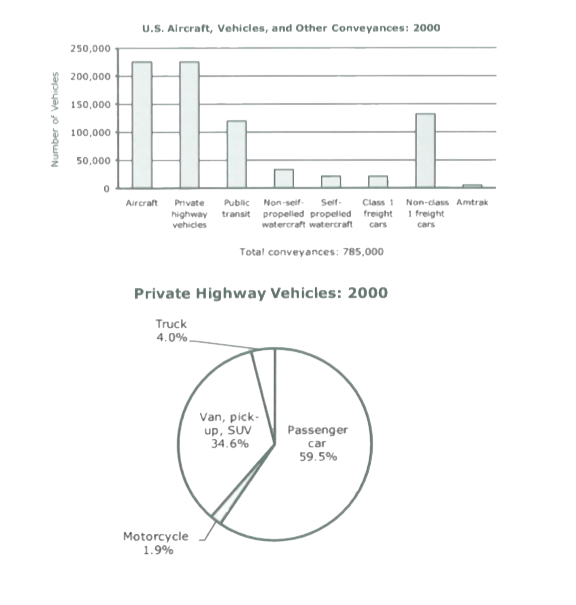Feelings of anger, pain and rage are experienced through
basal ganglia
Occipital lobe
Limbic system
Reticular system
The correct Answer is:C
Step-by-Step Text Solution:
1. Understanding the Question: The question asks about the specific part of the brain responsible for experiencing feelings such as anger, pain, and rage.
2. Identifying the Options: The options provided are:
- Basal Ganglia
- Occipital Lobe
- Limbic System
- Reticular System
3. Analyzing Each Option:
- Basal Ganglia: This part of the brain is primarily involved in the control of motor activities and does not play a significant role in emotional experiences.
- Occipital Lobe: The occipital lobe is mainly responsible for visual perception and processing. It does not relate to feelings of anger or rage.
- Limbic System: The limbic system is known to be involved in emotional responses, including feelings of anger, pain, rage, excitement, and pleasure. It plays a crucial role in our emotional life.
- Reticular System: The reticular system is involved in regulating consciousness and arousal but is not specifically responsible for the emotions mentioned.
4. Conclusion: Based on the analysis, the limbic system is the correct answer as it is directly associated with the experience of emotions such as anger, pain, and rage.
Final Answer:
Feelings of anger, pain, and rage are experienced through the Limbic System.
---
- Basal Ganglia
- Occipital Lobe
- Limbic System
- Reticular System
- Basal Ganglia: This part of the brain is primarily involved in the control of motor activities and does not play a significant role in emotional experiences.
- Occipital Lobe: The occipital lobe is mainly responsible for visual perception and processing. It does not relate to feelings of anger or rage.
- Limbic System: The limbic system is known to be involved in emotional responses, including feelings of anger, pain, rage, excitement, and pleasure. It plays a crucial role in our emotional life.
- Reticular System: The reticular system is involved in regulating consciousness and arousal but is not specifically responsible for the emotions mentioned.
Feelings of anger, pain, and rage are experienced through the Limbic System.
Topper's Solved these Questions
Similar Questions
Knowledge Check


In 2000, if an equal percentage of passenger cars and demand - reponse vehicles experienced mechanical problems, and the number of passenger cars that experienced such problems was 13,436, approximately how many demadn - response vehicles experienced mechanical problems?A1352B2928C4099D7263Feeling of weightlessness in a satellite is due to
Azero gravitational accelerationBzero accelerationCzero massDnone of these.
A student while studying the force experienced by a current carrying conductor in a magnetic field records the following observations:
(i) The force experienced by the conductor increases as the current is increased.
(ii) The force experienced by the conductor decreases as the strength of the magnetic field is increased.
Which of the two observations is correct and why?
View SolutionTwo boys are holding a horizontal rod of length L and weight W through its two ends. If now one of the boys suddenly leaves the rod, what is the instantaneous reaction force experienced by the other boy ?
View SolutionFor the situation shown in the figure below, find the force experienced by the dipole:

View SolutionUnder the action of a constant force, A particle is experiencing a constant acceleration. The power is
View SolutionEndorphins reduce perception of pain through
View SolutionA localized inflammatory response appears at the site of infection causes redness, swelling, pain and heat due to certain chemicals which are:
View Solution

